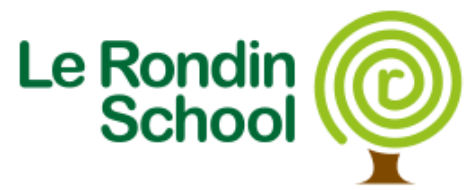Intent
The Complex Needs Curriculum is a bespoke curriculum for pupils with significant learning needs. The aim is for learning to be meaningful, purposeful and relevant to each child. We use a thematic approach which allows learning opportunities to be presented in a stimulating and immersive way with an emphasis on developing key skills, knowledge and understanding through a balance of direct teaching and purposeful play and exploration. Communication is a golden thread that runs through the entire Complex Needs Curriculum. Learning opportunities are personalised and based on repetition so all learners can anticipate and increase or develop their level of understanding and engagement. Children have Individual Learning Goals and a My Education Action Plan (MEAP) through which we identify and work towards overcoming barriers to learning. We work alongside subject leaders to create a bespoke curriculum that allows for greater breadth and content for our pupils, whilst ensuring they have the same opportunities as their peers as they journey through school.
Implementation
Our curriculum focuses on five broad areas of learning:
- Communication
- Personal, Social and Emotional Development
- Physical Development
- Exploration and Engagement
- Learning and Cognition.
Impact
Our curriculum is designed to support the children’s development in the following areas:
- Emotional regulation either with the support of adults or independently
- Communication with others in an appropriate way commensurate to their needs
- Developing and expressing autonomy
- Engaging and participating in learning activities safely and calmly
- Accessing a bespoke curriculum that works to equip them with skills to engage, communicate and learn appropriately and functionally within a community
- Fostering positive attitudes towards school, learning and others, by building on self esteem and confidence
- Building positive relationships and trust with familiar adults and peers
- Achieving their full communicative, sensory, physical, emotional and cognitive potential through the collaboration of school, parents, carers and other professionals.
